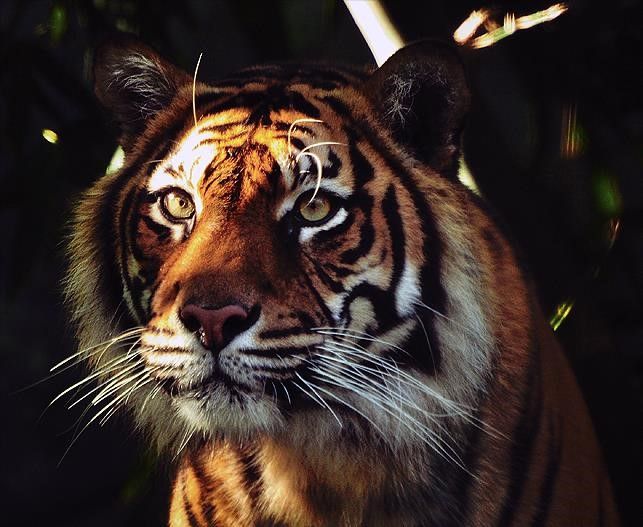The 22nd April is Earth Day
Posted on
|
The 22nd April each year is Earth Day. Earth Day is on every day and can be celebrated wherever you are – even in space! Flood the earth with hope, optimism and action! In 2020, Earth Day is 50 years old. The theme is Climate Action. As its website says, Climate change represents the biggest challenge to the future of humanity and the life-support systems which make our world habitable. If we look at the start of 2020 alone, the Australian bushfires left terrible damage behind them. Organic Lesson wanted to give an idea of the severity of the crisis, by re-creating the smoke haze in scenic locations around the world and you can see what places like London, Singapore, Hong Kong, New York, Paris and the Alps would have looked like.
The Earth Day Network works around the world to drive meaningful action for our planet across the following issues
So whatever your interests are in earth, you should be able to find a way to get involved. And Earth Day's website has toolkits you can use to really get out there and change the world and make a difference.
View the information about Conservation and Restoration here but three actions you can take are:
In the coming year, Earth Day Network is aiming to plant 7.8 billion trees — one tree for every person on earth — in honour of the 50th anniversary of Earth Day in 2020. Head off to Earth Day 2020 here and see what you can do to make a difference! |

